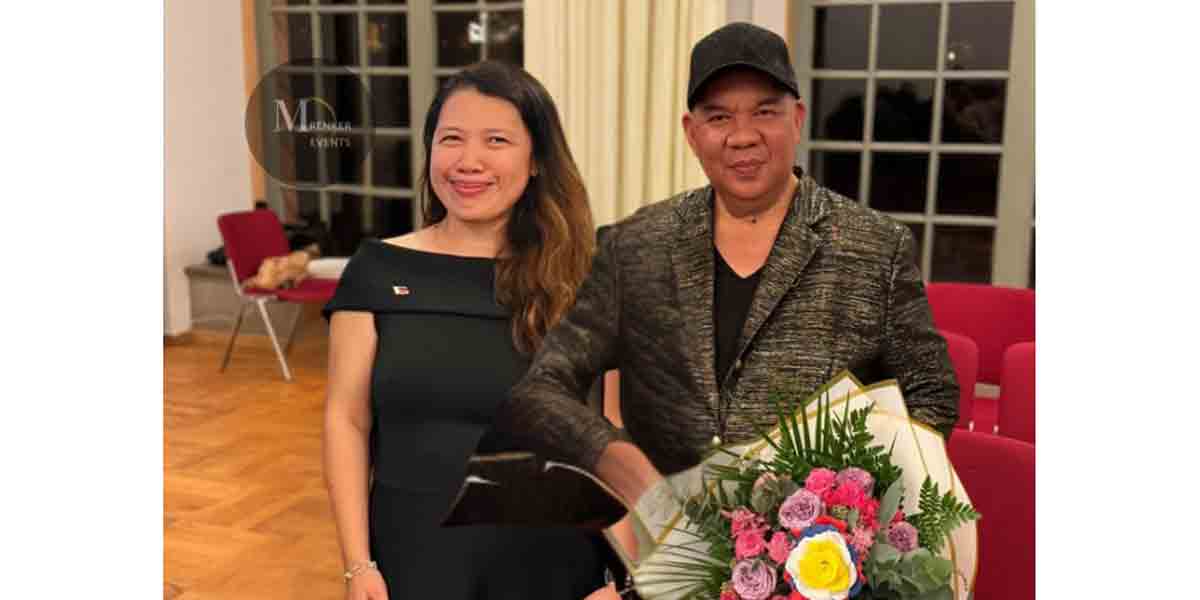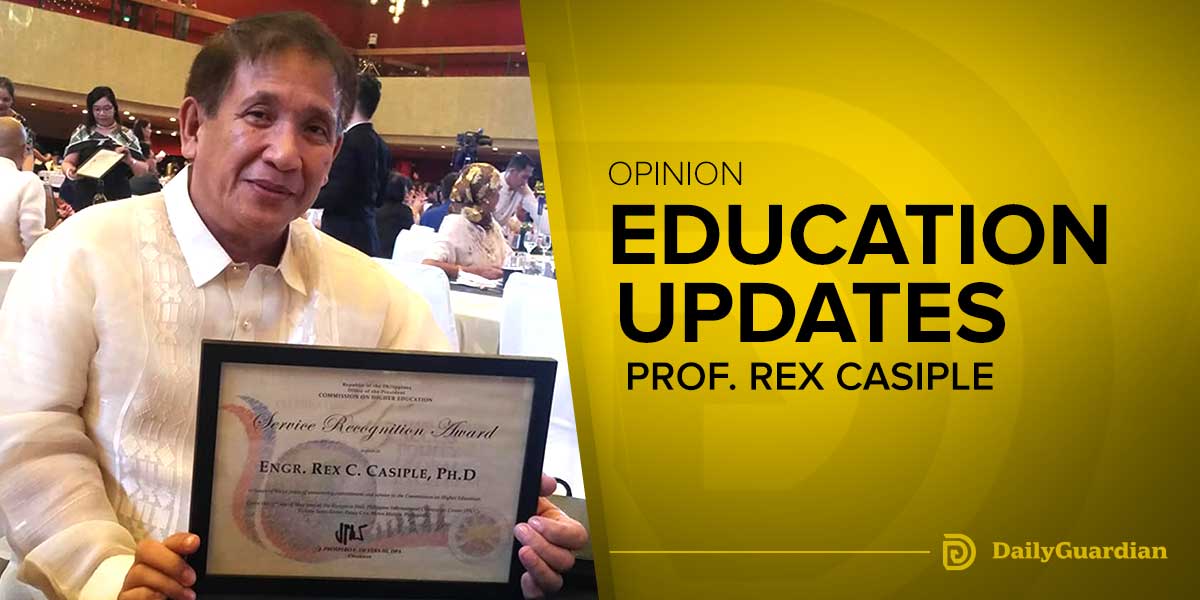 By Modesto P. Sa-onoy
By Modesto P. Sa-onoy
In support of his call for civil disobedience by Catholics, Dr. Peter Kwasniewski cited a famous American activist.
“In his Letter from a Birmingham Jail, Martin Luther King Jr. memorably recalled the teaching of St. Thomas Aquinas: an unjust law is no law at all (and the same holds for regulations, policies, and other government initiatives, whether officially passed in a legislature or not). To such ‘laws’ we must give not obedience but civil disobedience, which, indeed, is obedience to a higher law, indeed the highest law.”
This is where the Catholic faithful needs the guidance and leadership of their bishops and pastors. However, when the government ordered the closure of churches and effectively prevented the faithful from attending Mass. If the priest did celebrate Mass he was alone. When later the priests celebrated Mass, it was with a face mask even if he was far from the congregation. It seems they went further than the required mandate of the government. Even confessionals were closed. They too were infected by the virus of fear as the rest of the population. And so their flock followed uncomplaining. Prudence in this matter is the better option.
Kwasniewski was critical of the leaders of the Church in America. “Among the sad lessons learned in 2020, perhaps the saddest was that we cannot rely on most of our bishops to look out for our spiritual good, or even to exhibit a basic understanding of the non-negotiable and non-erasable priority of divine worship. We enter 2021 with a gritty awareness that we are more or less left on our own to find whatever resources we can, where and when we can. It is our good and holy priests who will need to carry the holy water, so to speak, and do the heavy lifting when push comes to shove. That will include—and here we come to the crux of the matter—a willingness to suffer suspension or other disciplinary measures for doing so.
“It is time to show forth in broad daylight the two kingdoms that currently occupy the same physical, liturgical, and juridical space. The servants of these respective kingdoms do not work for the same ends, and the gods of the new religion are hungrier by the day. It will continue to compel a choice. The traditional Latin Mass is part of it, but clearly not all. The priests of so-called “Ecclesia Dei” institutes (e.g., the Institute of Christ the King, the Priestly Fraternity of St. Peter) will need to figure out ASAP their “bridge too far”—and perhaps die to their own fears of the marauding in the chapel life. The whole canonically-regular edifice is going under; it is falling in line for state subservience. COVID continues to show that we are already living in a state church, just without the visible blood shedding of China.”
Unlike in the United States and some other countries, there is a visible relaxation of the original restrictions in our churches. I believe it is not so much the decision of the government but slow, cautious and watchful way in which our priests have begun opening the churches and the sacraments. The local leaders, Catholic as they are, understood and sort of “looked the other way.”
Kwasniewski called on “all clergy, mainstream and traditionalist, the challenge has been sounded: your continued compliance is not going to be a tactful investment in tomorrow after ‘things blow over.’ What will then be left to defend—a set of ‘services’ that can be cancelled at the whim of a heathen governor? Yet laity are simultaneously supposed to teach our children about the heroism of martyrs and how good it is to stand in the stream of sacred Tradition? Things haven’t even begun to get really rough, and the fort’s already been betrayed.”
He had several proposals on how to “circumvent” the law but they are not applicable here. The Pinoy has learned to “overcome” them. The biggest challenge after this pandemic is how to recover those lost sheep who thought it is all right to be without the Eucharist and just stay home to hear Mass. It is convenient (no need to bath and dress up), cheaper (no transportation cost and no collection), etc.




















